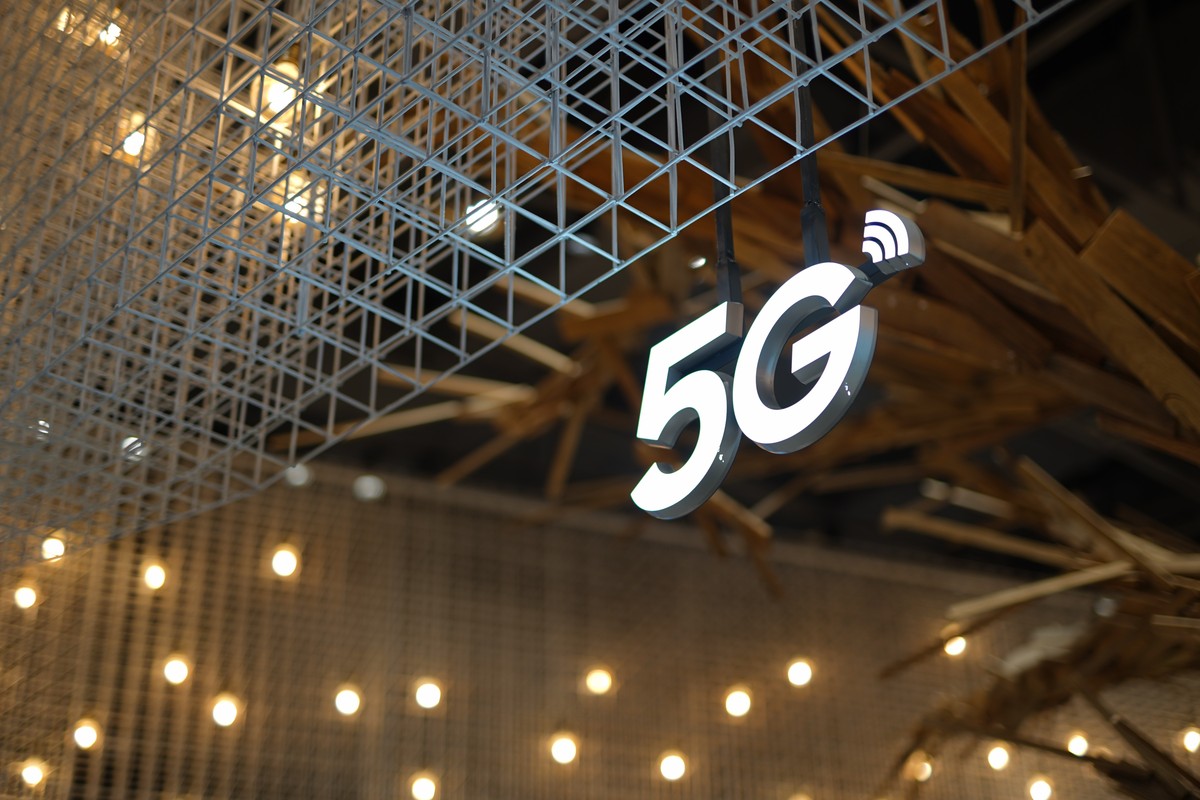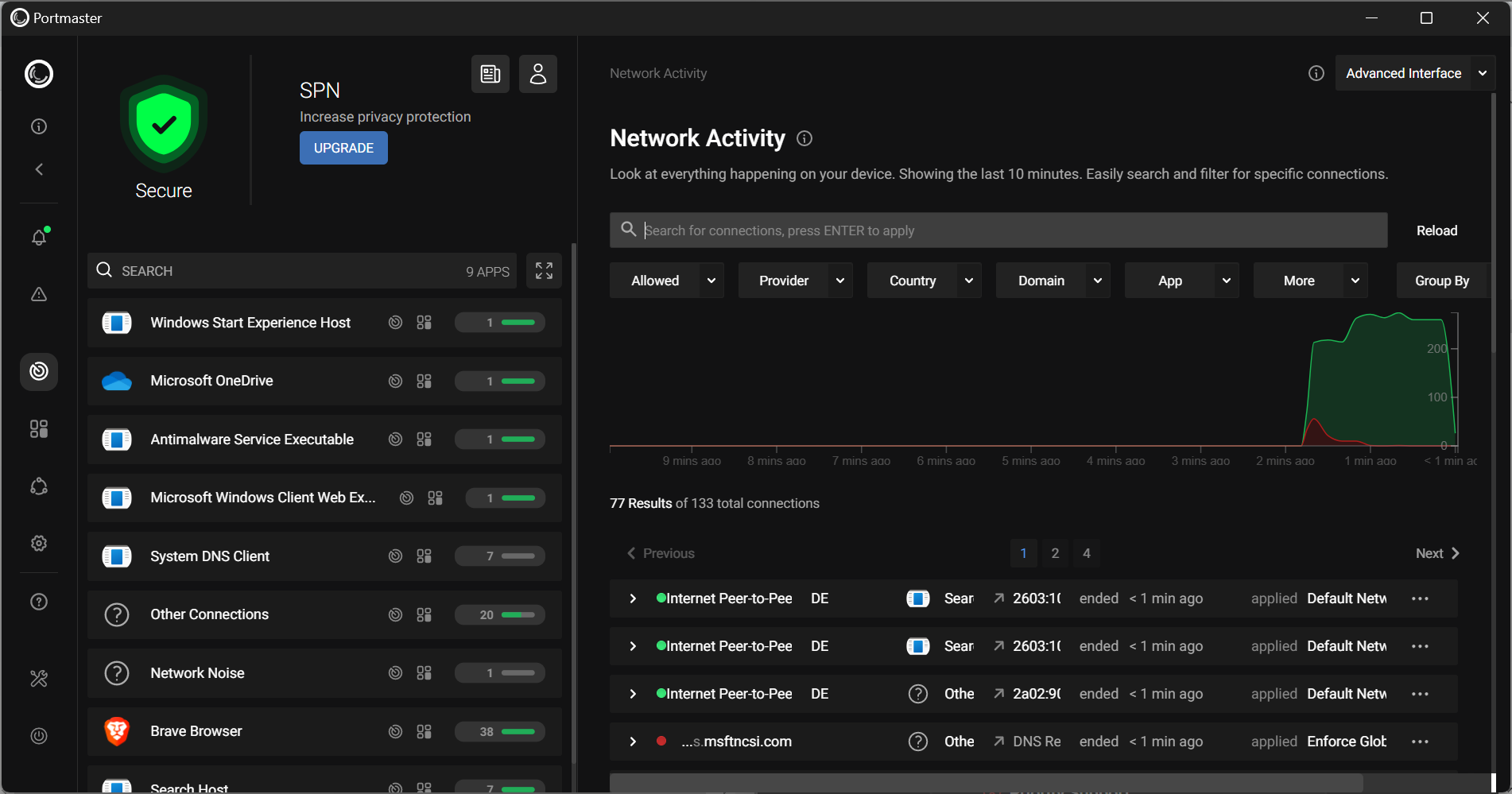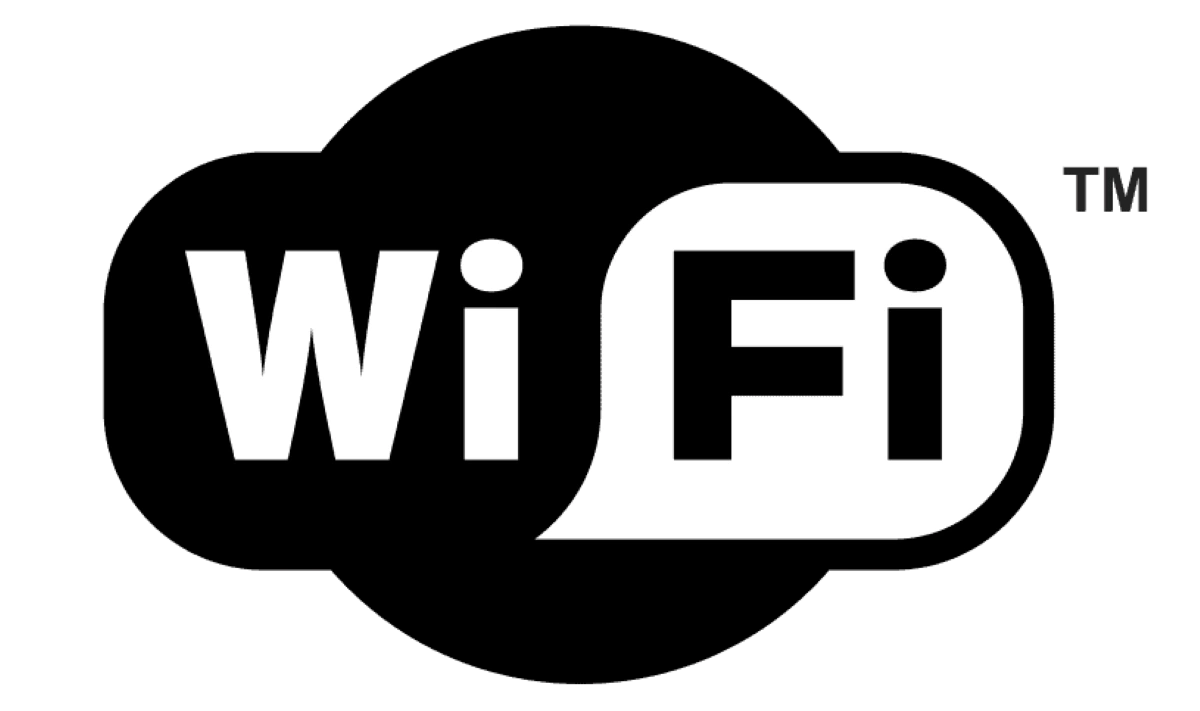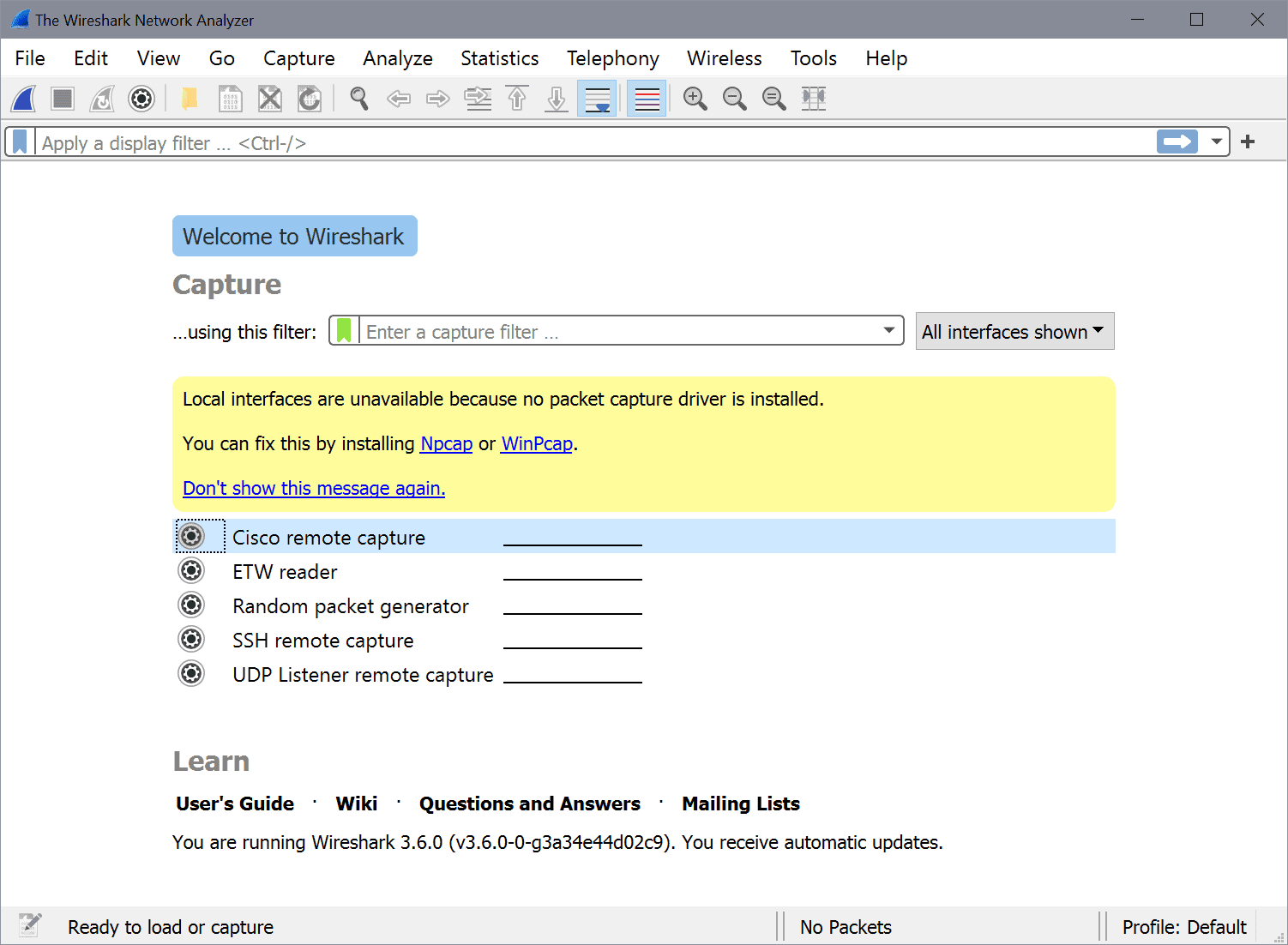Amazon's Sidewalk wireless network expanded with new dev kits
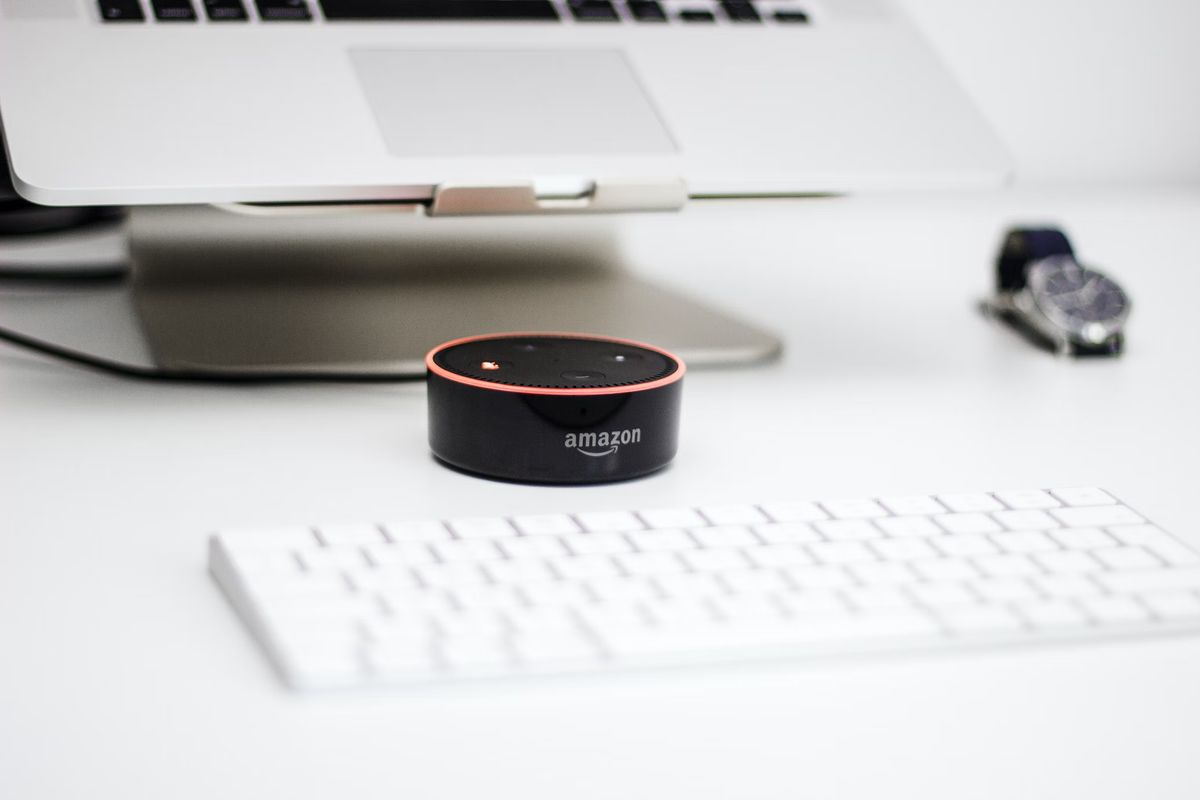
In 2019, Amazon revealed Sidewalk, a wireless network that utilizes the 900 MHz spectrum to connect IoT devices, providing a low-bandwidth and long-range solution. The network creates a mesh network between Amazon's Echo and Ring devices, sharing a small portion of their owner's bandwidth. The aim is to connect devices that cannot be reached by Bluetooth or Wi-Fi signals.
Previously, only a chosen few developers had the opportunity to build applications for the network. However, that has changed now, with Amazon releasing software and hardware development kits, along with a user-friendly test kit to gauge Sidewalk connectivity in your area.
Developers can now use the newly available test kit to assess the strength of their local signal on a map, enabling them to determine whether their devices can connect to the network before embarking on product development.
Amazon has supplied one of these Ring-branded devices to test the system. Setting up the device requires nothing more than powering it up (it has a mobile battery) and logging into Amazon's Sidewalk coverage service, which is web-based. Once logged in, you can easily view all the data gathered from the GPS-enabled test kit and access Amazon's coverage map of the entire United States.
To safeguard user privacy, the coverage maps are limited to displaying coverage within a 900m-by-900m square area. This means that you can view the precise location of your device but not other devices that report their location on the coverage map.
"We've rapidly built out a long-range, low-bandwidth network that now covers more than 90% of the U.S. population, and this is an open invitation for developers to put it to the test. Many types of connected devices have been limited by the range of Wi-Fi and the cost of cellular technology, which has hindered the ability to connect devices like environmental sensors, leak detectors, and smart locks. Sidewalk is designed to provide a secure, low-cost way to invent and connect a whole new range of devices, and we can't wait to see what developers build," stated Dave Limp, senior vice president of Amazon Devices & Services.
Amazon collaborated with other companies to provide hardware dev kits
To create the software development kits, Amazon collaborated with Nordic Semiconductor, Silicon Labs, Texas Instruments, and module vendor Quectel. These companies will also provide hardware development kits, with Quectel releasing a Sidewalk connectivity module that will enable developers to swiftly integrate Sidewalk-enabled devices into production.
Additionally, Amazon is releasing mobile SDKs for iOS and Android to assist developers in integrating Sidewalk into their mobile apps. Amazon is also launching an app to assist developers in debugging and troubleshooting their devices in the field.
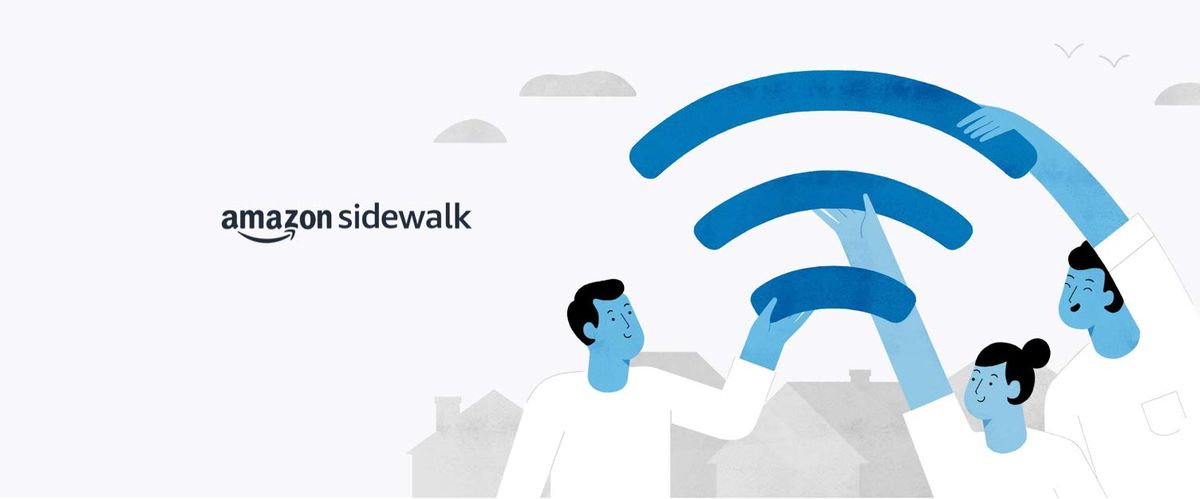
It's important to mention that Sidewalk is natively integrated with AWS' IoT Core service, enabling businesses to connect and oversee their IoT device fleets.
"The integration of AWS IoT Core and Amazon Sidewalk marks a significant milestone for developers, manufacturers, and customers, streamlining the design, connection, and deployment of Amazon Sidewalk based IoT solutions. Now, with AWS IoT Core for Amazon Sidewalk, developers can access 200+ AWS services to build scalable solutions on top of a highly reliable, secure and free-to-connect wireless network," stated Yasser Alsaied, vice president of IoT at Amazon Web Services.
Advertisement

